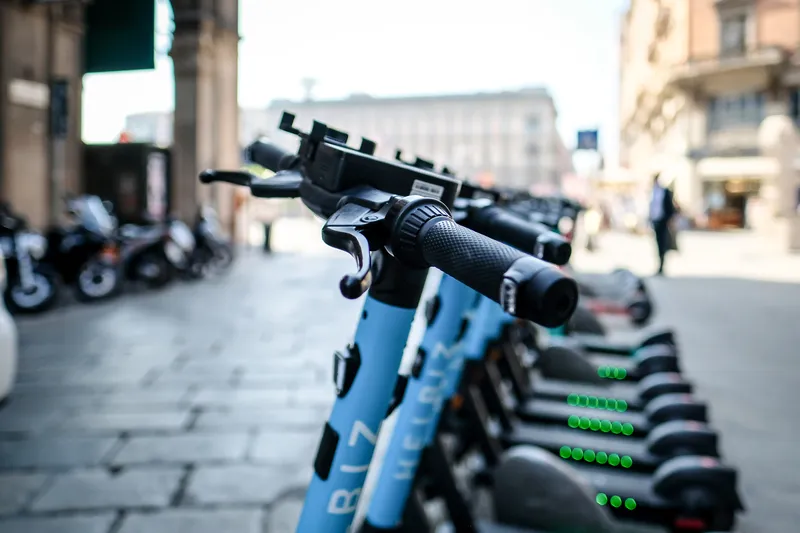Nokia Corporation has signed an agreement to sell substantially all of its devices and services business and licence its patents to Microsoft for US$7.1 billion in cash, payable at closing.
Following the transaction, Nokia plans to focus on its three established businesses: NSN network infrastructure and services; Here mapping and location services; and Advanced Technologies technology development and licensing.
September 4, 2013
Read time: 2 mins
Following the transaction, Nokia plans to focus on its three established businesses: NSN network infrastructure and services; Here mapping and location services; and Advanced Technologies technology development and licensing.
"After a thorough assessment of how to maximise shareholder value, including consideration of a variety of alternatives, we believe this transaction is the best path forward for Nokia and its shareholders," said Risto Siilasmaa, chairman of the Nokia Board of Directors and, following today's announcement, also Nokia interim CEO.
Nokia says Here, which is a rebranded integration of Navteq’s mapping and traffic business with Nokia’s location platform, will continue to focus on growing its industry-leading position through a broad location offering across mobile devices, connected devices, enterprise solutions and the automotive environment. Here will continue to execute its strategy to become the leading independent location cloud platform company, offering mapping and location services across different screens and operating systems.
Comment from Frost & Sullivan says that Nokia is also involved in the Mirrorlink effort, which is working on the next generation smartphone integration and replication of products with more content, apps and driver distraction guidelines, currently trying to be made into an OEM offer. The intention here is to rebrand the formerly known Navteq and establish the Here brand name separately, so that it can continue its dominance in the navigation and location-based services market.
Praveen Chandrasekar, program manager Telematics & Infotainment at Frost & Sullivan, believes that given Microsoft’s push into the connected car market with its platform for the largely successful Sync with Ford, Blue&Me with Fiat and the growing UVO partnership with Kia, the addition of Here and its location-based components along with Mirrorlink might have made a Microsoft connected car offer a compelling choice for OEMs similar to what QNX is trying to achieve with the Car2 Platform, offering all the basic functions- smartphone integration, maps, apps and so on. Clearly, with a complete acquisition, Microsoft would have benefited with a product line that would be able to compete with any Tier-1 beyond only having the hardware component.









